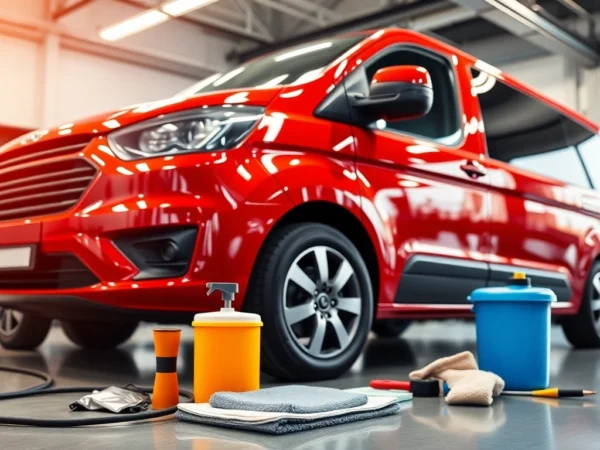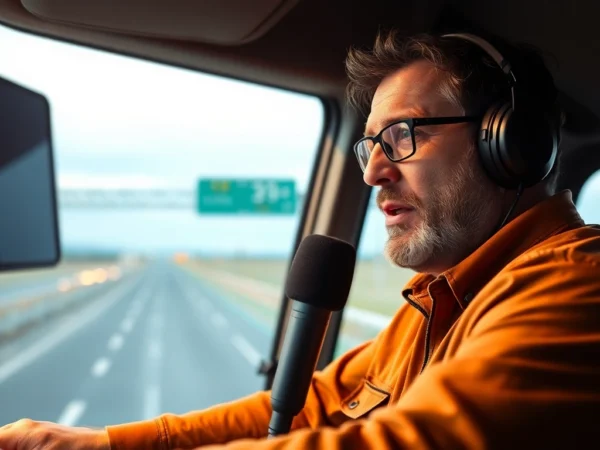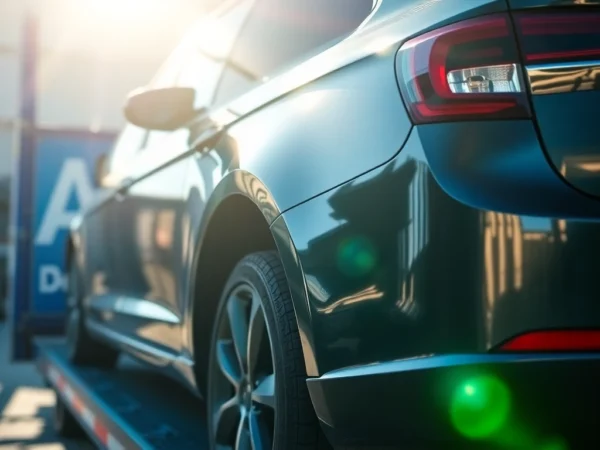How to Legally and Safely Buy a UK Driving Licence Without Test in 2024
Understanding the Legal Framework Around UK Driving Licences
Obtaining a UK driving licence is a significant step toward independence and mobility, but the process is strictly regulated by UK law to ensure safety, accountability, and security on the roads. Despite numerous claims and offers circulating online, acquiring a genuine UK driving licence without fulfilling the legal requirements is illegal and can lead to severe consequences. This comprehensive guide aims to clarify the legal landscape, explore legitimate pathways, highlight risks associated with illegal licences, and provide actionable insights for those seeking to obtain a UK driving licence lawfully.
Current regulations and licensing requirements in the UK
The UK has established a robust framework for driving licences managed primarily through the Driver and Vehicle Licensing Agency (DVLA) and Driver and Vehicle Standards Agency (DVSA). The key regulations include specific eligibility criteria, testing procedures, and document verification processes designed to ensure that only qualified individuals can operate vehicles on public roads.
To legally drive a car, a person must first obtain a provisional license, followed by passing a theory and practical driving test. The process involves rigorous assessment of the applicant’s driving skills, knowledge of traffic laws, and safety awareness. For vocational or commercial drivers, additional standards and licensing requirements apply.
In the UK, the licensing process is transparent and standardized, enabling the DVLA to maintain a database of legitimate licences, ensuring authenticity and regulatory compliance. The system is designed to prevent fraud and to facilitate the exchange or validation of licences across different jurisdictions.
Risks associated with illegal licences and scams
Despite strict regulations, various fraudulent schemes have emerged, enticing individuals to buy fake or illegally obtained licences. These scams often operate through social media, black-market websites, and even through some unverified agents promising quick or effortless licensing solutions. However, engaging in such activities exposes individuals to numerous legal, financial, and safety risks.
- Legal consequences: Possessing or using a fake driving licence is a criminal offence under UK law, which can lead to prosecution, hefty fines, and even imprisonment.
- Financial loss: Many scam operations charge substantial sums—sometimes hundreds or thousands of pounds—for fake licences that are worthless and entirely unauthorized.
- Insurance issues: Using counterfeit licences can invalidate vehicle insurance. Consequently, if involved in an accident, victims may face denial of claims, further legal liabilities, and increased premiums.
- Legal driving and safety implications: Driving with a fake licence not only jeopardizes your safety but also the safety of others, as such documents do not guarantee that the driver has appropriate skills or knowledge.
Authorities actively combat these scams through surveillance, cracking down on illegal providers, and sharing information to educate the public about the dangers and consequences of illegal licensing activities.
Options for Obtaining a UK Driving Licence Without a Test
Legal pathways and prerequisites for licensing
Legally, there are very limited circumstances where an individual may obtain a UK driving licence without passing the standard tests. Some exceptions include certain international licence exchanges, medical exemptions, or successful legal appeals based on disability or other qualifying criteria. These pathways require adhering to official procedures set out by the DVLA.
For most drivers, the pathway to a full licence involves obtaining a provisional licence, passing the theory test, followed by the practical driving test. Only after successfully completing these steps can one receive the full UK driving licence officially recognized by authorities.
Approved channels and official procedures
To ensure legitimacy and avoid risks, all applications for a UK driving licence must be made through official channels. The primary method is via the DVLA online portal, or by submitting paper forms available at Post Offices. The process involves providing accurate identification, proof of address, and paying the applicable fees.
It is essential to comply with the statutory requirements, including completing compulsory learning periods (minimum hours of supervised driving), and passing all necessary tests, to secure a genuine licence.
Understanding the costs and timelines involved
Application fees for a provisional licence are typically around £34 when applying online. The theory test currently costs £23, with the practical test fees varying depending on availability and location but generally around £62. The entire process, from provisional application to receiving a full licence, can take several weeks to months, depending on test scheduling and administrative processing times.
Legitimate providers focus on transparency regarding costs, speed of processing, and support services to facilitate a smooth licensing experience.
Identifying Reliable and Trustworthy Services
Red flags of illegal licence providers
Many online entities claim to offer quick or guaranteed licences without testing, often employing manipulative tactics or false promises. Warning signs include:
- Promises of instant licences or “no test” options with little or no documentation.
- Requests for payment via untraceable methods or offshore accounts.
- Unverified websites mimicking official government portals with slight URL deviations.
- Claims of “genuine” licences that bypass legal procedures.
Paying attention to these signals can help avoid falling victim to scams and legal trouble.
Tips to verify licensing authenticity
Always confirm the legitimacy of a service by checking:
- Official government websites such as GOV.UK for licensing procedures.
- Whether the service provides verifiable contact details and official documentation.
- Customer reviews and independent testimonials.
- Transparency regarding fees, timelines, and legal compliance.
Choosing reputable agencies — what to look for
Reputable services should offer:
- Clear, detailed information on legal licensing procedures.
- Guidance on preparing for tests and applying legally.
- Guarantees of compliance with UK licensing laws.
- Support with documentation and administrative processes.
Remember, opting for legitimate channels not only ensures legality but also peace of mind and safety.
Impact and Risks of Purchasing Fake or Unauthorized Licences
Legal consequences for fraudulent licensing
Engaging in the purchase or use of a fake driving licence carries severe legal penalties. Under the Road Traffic Act and related legislation, using a counterfeit document can result in criminal charges, substantial fines, disqualification from driving, or imprisonment. Court records frequently show prosecutions for offences related to fake licences, emphasizing the seriousness of the matter.
Implications for insurance and legal driving
Driving with a counterfeit licence invalidates insurance policies. In the event of an accident, insurance providers are likely to refuse claims, leaving the driver personally liable for damages and compensation. Additionally, a conviction for using a fake licence can lead to a prolonged criminal record, affecting employment prospects and future licensing opportunities.
How fake licences affect safety and accountability
Fake licences undermine road safety by enabling unqualified drivers to operate vehicles. This increases the risk of accidents, injuries, and fatalities. Moreover, they impede law enforcement efforts to monitor compliant drivers, eroding overall accountability on UK roads.
For all these reasons, the legal and safety risks far outweigh any perceived benefits of buying a fake or unauthorized licence.
Steps to Obtain an Official UK Driving Licence Properly
Applying for a provisional and full licence legally
The initial step involves applying online via the Official UK Government portal or through designated Post Office services by submitting the correct forms. Applicants must provide identification, existing driving credentials if applicable, and pay the standard fees.
Once a provisional licence is granted, learners can practice driving under supervision, gradually preparing for the theory and practical tests. Upon passing these assessments, the DVLA issues the full licence, which remains valid until its expiry date or until a disqualification occurs.
Necessary documentation and eligibility criteria
Eligibility requirements include being at least 17 years old (or 16 for certain vehicles), possessing proof of identity (such as passport or national ID), and demonstrating residency in the UK. Applicants must also meet medical standards, especially if they have health conditions that could impair driving ability.
Best practices for passing the driving test legitimately
Success hinges on proper preparation through professional instruction, consistent practice, and understanding traffic laws. Studying the Highway Code thoroughly, undertaking supervised driving hours, and taking mock tests can significantly improve chances of passing. Avoid shortcuts—investing in genuine training ensures safety and legal compliance.
Legal licensing not only complies with the law but also equips drivers with essential skills for responsible road use, ultimately benefiting everyone on UK roads.






